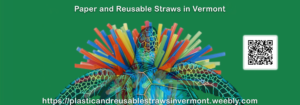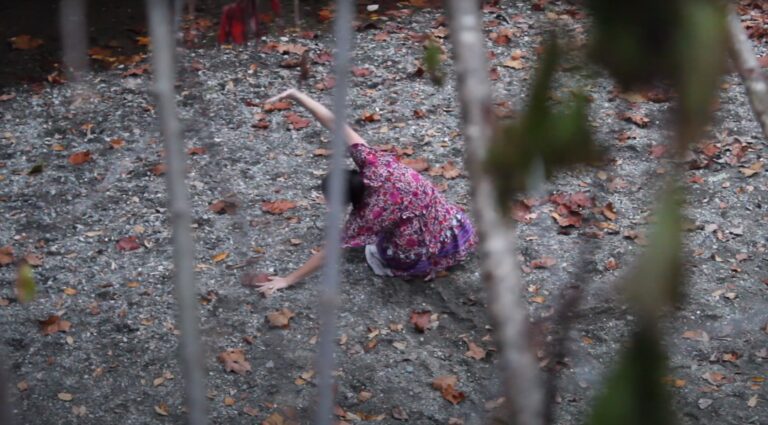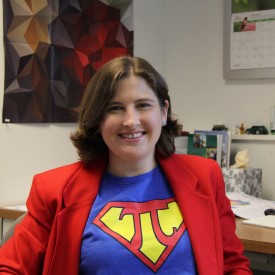Students try to save environment one straw at a time

In a world where signs of climate change are more prevalent than ever, students at Castleton University had seen enough. Maybe one person alone cannot change the environment we live in today, but they believe if each person played a small part, positive change could be made.
It was this idea that inspired Ian Shalek, Benjii Powell and Colt Billings to bring awareness to one of the many simple things people can do to encourage a cleaner environment.
Using reusable straws.
“Honestly, buying just one reusable straw can help out more than you know,” Billings said.
As part of a civic engagement project for a Media and Activism class, the three students set out on an initiative to encourage other Castleton students to purchase a reusable straw to decrease the use of single-use plastics. They set up a pledge consisting of three questions, asking those who sign the pledge to cut down on using single-use plastic products and purchase a reusable straw.
“This is something really easy to adopt and is pretty inexpensive. I think it’s cool to have your own straw, especially the foldable ones with their own cases,” Shalek said. “I think someone should sign (the pledge) because we aren’t asking to completely change someone’s life, just makes the world better.”
According to the information provided on the pledge, over 500 million plastic straws are used every day, each taking over 200 years to decompose.
The straws eventually break down into smaller pieces, which can be harmful to animals. But according to the Association of Zoos and Aquariums, the chemicals used to create the straws can also release into the air, soil and water, damaging our environment.
Much of this plastic waste can be found in the ocean, which can be particularly harmful to sea animals. Over 70% of seabirds and 30% of sea turtles eventually consume plastic in their life span, according to the Association of Zoos and Aquariums.
These negative impacts caught Powell’s attention.
“The main thing that inspired me was knowing how bad plastics in general are. Also, I know I have used many straws in my life so I want to stop and help others stop. My generation is the key to make things better, so we need to start small and start now. We must be responsible and do what we need to do,” he said.
Michael Talbott, professor of the Media and Activism class for which the project is being done for, said these types of learning experiences are valuable to both the students and the community.
“A liberal arts education is also about learning to be an active, engaged community member – a good citizen. This course allows students to explore ways in which they can help to shape their community in better ways,” he said.
Billings had already done a different project on plastic straw use in an earlier class and wanted to do another. Shalek hopped on board, saying he’s never been the activist type but has paid the most attention to climate change.
“This is also one of those problems that people were talking about, like with the turtle and the straw in its nose and beaches being polluted. I think with reusable straws we can do a small but effective thing,” he said.
Shalek hopes more people will sign the pledge and stick to it. Some places have begun to ban the use of plastic straws, according to the Association of Zoos and Aquariums. Vermont requires that restaurants only provide plastic straws upon request.
But in order to make a profound impact, more people must commit to switching to a reusable straw.
“I would say that even though there is a shift in Vermont from plastic straws to paper, there is still more that can be done. I think switching from single use products to a reusable one is the way to go, especially when reusable straws are so cheap,” Billings said.






